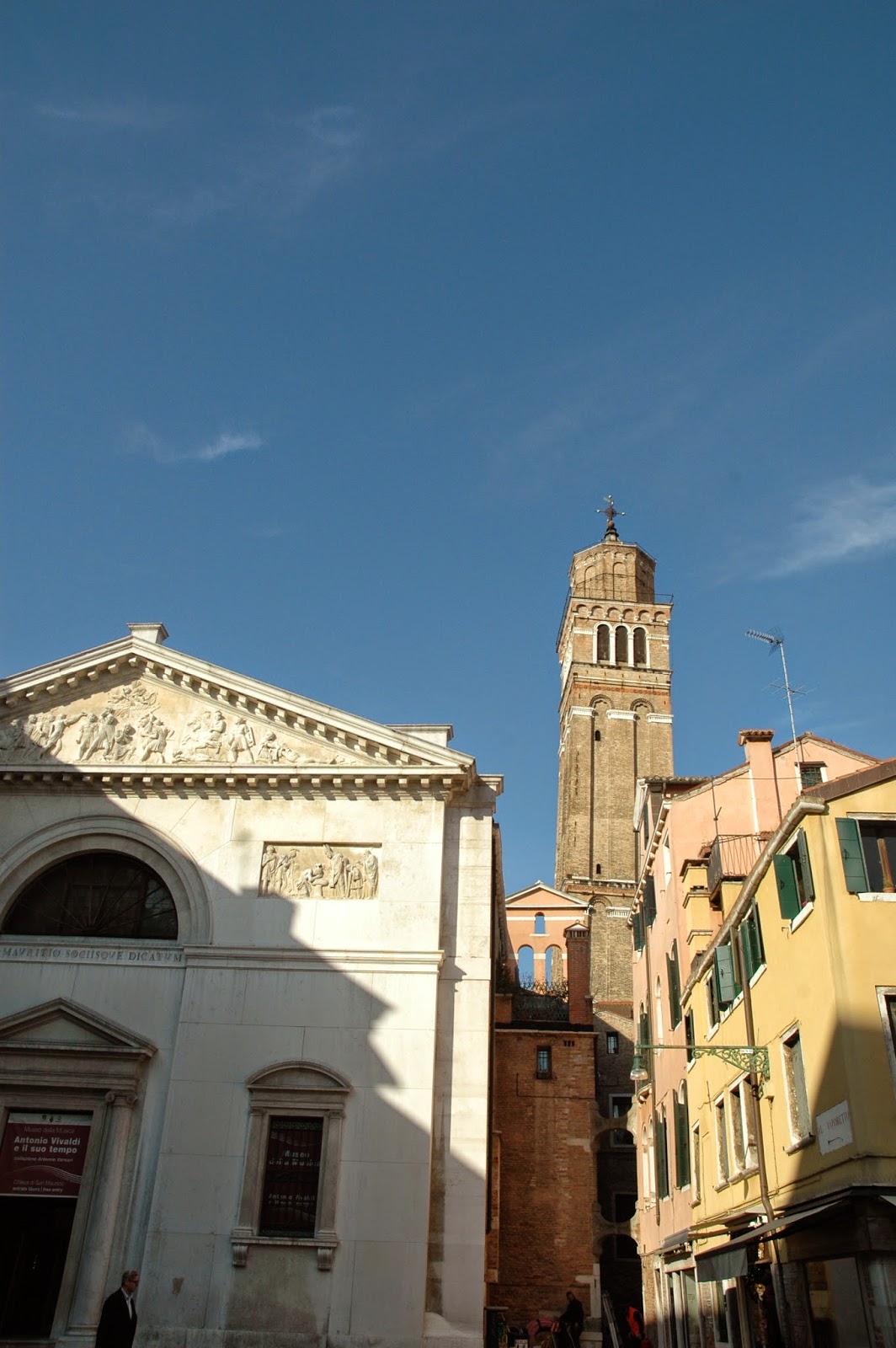

Last night there was more discussion of the situation in Ukraine, particularly from
George Soros and that discussion will continue today. It seems clear that more will need to be done, and an end to the crisis is critical for the economic as well as political future for Ukraine. This morning is starting off with a discussion of terrorism and security. One question is how to manage the situations in Iraq and Syria, and whether there should be military intervention. The expectation is that it will be a long term effort to build up moderate forces in Syria and continuing to build up and support the Iraqi army.
The Turkish Minister of EU Affairs thinks that the US went into Iraq too late and came out too early, leaving behind undeveloped democratic institutions. Turkey was warning the terrorists would find a vacuum there and this is what has happened. Also lost the deterrent factor of potential US troop involvement. ISIL actually started in 2003 - many of the militants were trained in Abu Graib. Need forces on the ground to deal with the threat - Iraqis in Iraq. Syria is different, there is no state there. Need a no fly zone, and to train and equip unconventional forces. Turkey seems anxious to send back refugees. Information sharing has led to stopping many potential foreign fights from getting to Syria through Turkey. Have to find terrorism, but it's a mistake to define it as Islamic, this is a problem for Muslims. There are so many in Europe who feel like the "other" - there needs to be more focus on inclusion so these people have more hope for the future.
Gilles de Kerchov argues that the increasing number of failed/failing states is a huge problem and source of terrorists, e.g., Yemen Libya, Syria. Egypt is inward looking and Iran is becoming the superpower in the region, a problem for Sunnis. The Arab Spring has also had a major impact. It's not just an issue of integrating Muslim immigrants, the larger regional issues are playing a role. Europe was not up to the challenge of the Arab Spring - they should have done more, and done it more quickly. Should be more open in terms of access to universities, etc...Now engaging much more than before in the Mediterranean. The hijacking of ideology is a problem. There needs to be more support for training of Imams. Another problem is the internet - Europe tries to find a balance, asking for the removal of illegal content but still protect free speech. Very different laws across Europe, some are completely open, others make things like Holocaust denial a crime [e.g. France has a
very confusing mix of laws when it comes to free speech.] Law enforcement cooperation with Turkey is an important component, but Turkey needs to adopt acquis on policing and justice.
Susan Herman from the ACLU discussed issues around security and civil liberties. What are the costs of too much surveillance? The threat to privacy, do we have it anyway? The threat to liberty, privacy is connected to freedom of speech, religion, etc...Having some privacy from the government is critical. The third concern is equality - who is we? Most Americans feel it's not affecting them, just Muslim men. Finally what is the connection between privacy and democracy? People are supposed to run the government. The people have become increasingly transparent and the government has become increasingly opaque. The PATRIOT act allowed the government to keep secret the level of surveillance and agencies were acting in violation of existing law. What about unintended consequences. The mass collection of data is as much of a problem as what is done with the data. We still don't have adequate accountability or transparency. There are clearly different consequences when government collects data vs. companies like Facebook or Google.

























